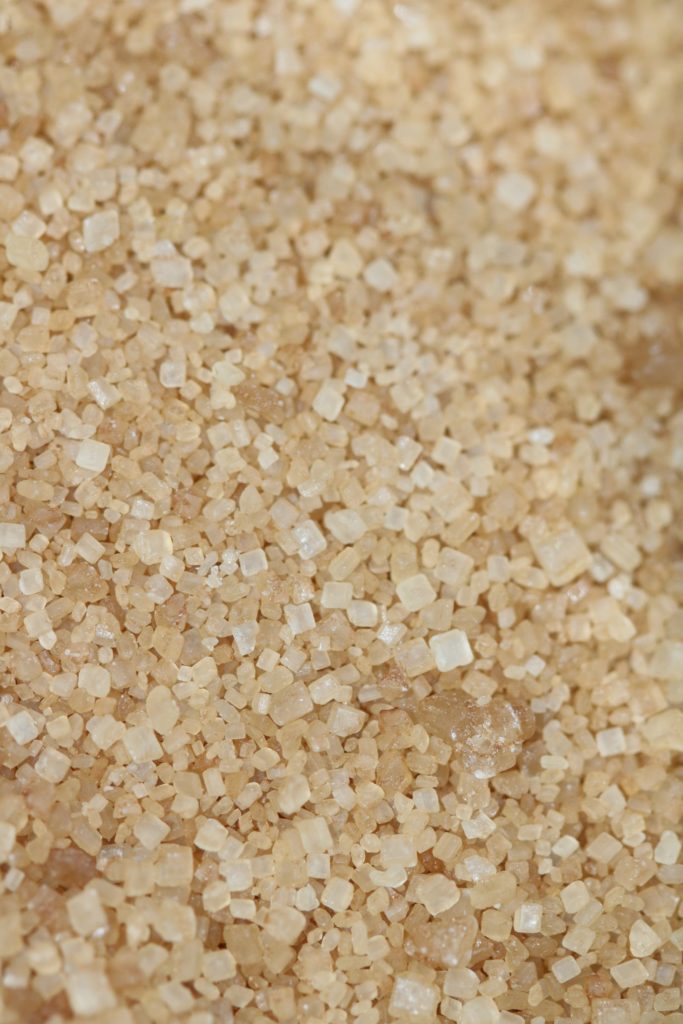“Written by Carlo Alimboyong, AEP”
Interesting facts:
- Sugar is linked to the inflammatory response that is considered to influence mood, and even the course of some diseases
- There is currently studies that are investigating whether Diabetes increases the risk for conditions like Parkinson’s Disease and Multiple Sclerosis
- An interesting study compared the differences between a high-sugar + high-fat diet and a high-fat diet on the effect on BDNF (low BDNF is linked with depression) levels in rodents. The rodents that were fed a high-sugar + high fat diet showed a decrease in BDNF levels
The problem.
Sugar is EVERYWHERE. We need to think beyond cutting back on deserts, and now start to think about the secret sugar being put onto our plate at a restaurant. These are called added sugars.
Added sugars, also known as processed sugars, are not developed by nature. are a common ingredient to enhance the flavour for most foods. Examples include; dextrose, maltose, high fructose corn syrup, sucrose, to name a few.
Examples of hidden sugars in some common food:
- tomato sauce (27.5g/100g)
- cordial (24.6g/100ml)
- chocolate (62g/100g)
- French salad dressing (3g/tablespoon)
- some breads
- some frozen meals
- some muesli/granola bars
Be weary of the flow on effects of a high sugar diet.
An even bigger problem is the concern that a high sugar diet can lead to becoming overweight. There is the thought that individuals who have a high intake in refined sugars are also more likely to consume processed foods. This leaves your body undernourished and leads to overeating. Becoming overweight with MS can lead to increased inflammation, fatigue, vitamin D deficiency and depression.
How much added sugar is allowed?
The American Heart Association (AHA) recommends limiting the amount of added sugars you consume to no more than half of your daily discretionary calories allowance. For most women, that’s no more than 100 calories per day, or about 6 teaspoons of sugar (25 grams). For men, it’s 150 calories per day, or about 9 teaspoons (36 grams).
What you can expect after reducing your sugar intake.
- Improved mood and mental health
- Stabilising your energy levels by controlling insulin release after blood sugar spikes
- Improved digestion by not inducing gut inflammation
- Reduce your risk of developing cardiovascular disease
- Manage your bodyweight through controlling calorie intake
Tips to reduce your intake.
- Start reading labels. Most processed foods contain high fructose corn syrup, or some form of processed sugar.
- Be weary of Fat Free and Low Fat options. These usually contain extra sugar to make them taste as good as their full fat equivalents!
- Take it out of your coffee
- If you get a craving – have some water instead!
- Consider a dietician if you need further help








